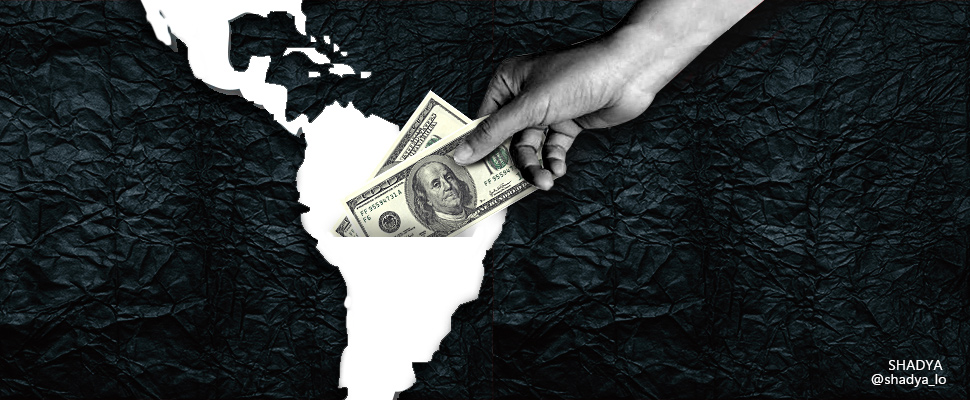RIO DE JANEIRO, BRAZIL – (EFE) The crisis unleashed by covid-19 has generated great risks in corruption. Still, it also poses a great opportunity to fight it, according to Fabrizio Feliciani, the director for Latin America and the Caribbean of the United Nations Office for Project Services (Unops).
“There is going to be an enormous risk, but the risk is always accompanied by opportunity,” Feliciani said of the situation created by the pandemic in the area of government management during an interview with Efe.

The risk is clear: a time of great public spending, with stimulus measures to reactivate the economy and with incentives to do things very quickly, for example, acquiring medical products and equipment.
The opportunity, according to Feliciani, comes especially given that now “there is much more interest” in policing corruption because of scarce resources, options to introduce reforms to speed up procedures, and the possibilities of technology.
“This covid crisis could be the opportunity to really move to a fairer and more equitable public management that really takes space away from corruption,” he assures.
Unops, which works with several Latin American states in this area, warns that it is necessary to ensure that the speed demanded by the public in responding to the pandemic – for example, when it comes to acquiring vaccines – does not get in the way of good governance.
“We need to have (…) instruments that allow us to run, because as the populists would say, the people are asking, and it’s true,” says Feliciani, who warns that, otherwise, there is a danger that corruption will become stronger.
As he stresses, it is time to “take advantage of technology” and “network approaches” to improve public management, delivering results to citizens.
“Accelerating and improving a fair and equitable reform of public management is a way to go about stifling corruption and taking away its space,” he insists.
Feliciani recalls that this scourge is a major problem in Latin America and the Caribbean, with a majority of countries with a very high perception of corruption, according to studies and estimates that place its cost at about 220 billion dollars a year.
In this regard, he stresses that corruption represents a loss of public money and raises doubts about democracy.
This week, the UN General Assembly is holding a special session focused on corruption, which opened this Wednesday with a prominent presence of Latin American leaders and will close tomorrow, Friday.
In parallel, the organization is hosting numerous related forums, such as one organized today by Unops and Mexico under the title “Advancing in the prevention of corruption through partnerships and synergies in public procurement”.
Among others, the Mexican Foreign Minister, Marcelo Ebrard, took part in the event, pointing out that alliances are key to facing the challenges of the fight against corruption.
He said that in countries like Mexico, although there is a fight against these practices and institutions have been created to combat them, it is still not enough. Therefore, “it is essential” to create alliances with strategic partners to put an end to it.
Mexico is one of the countries that has relied on Unops to tackle corruption. In July 2020, it signed an agreement with the organization for the consolidated purchase of medicines, which opened the door to international tenders that were not previously contemplated in this area.

